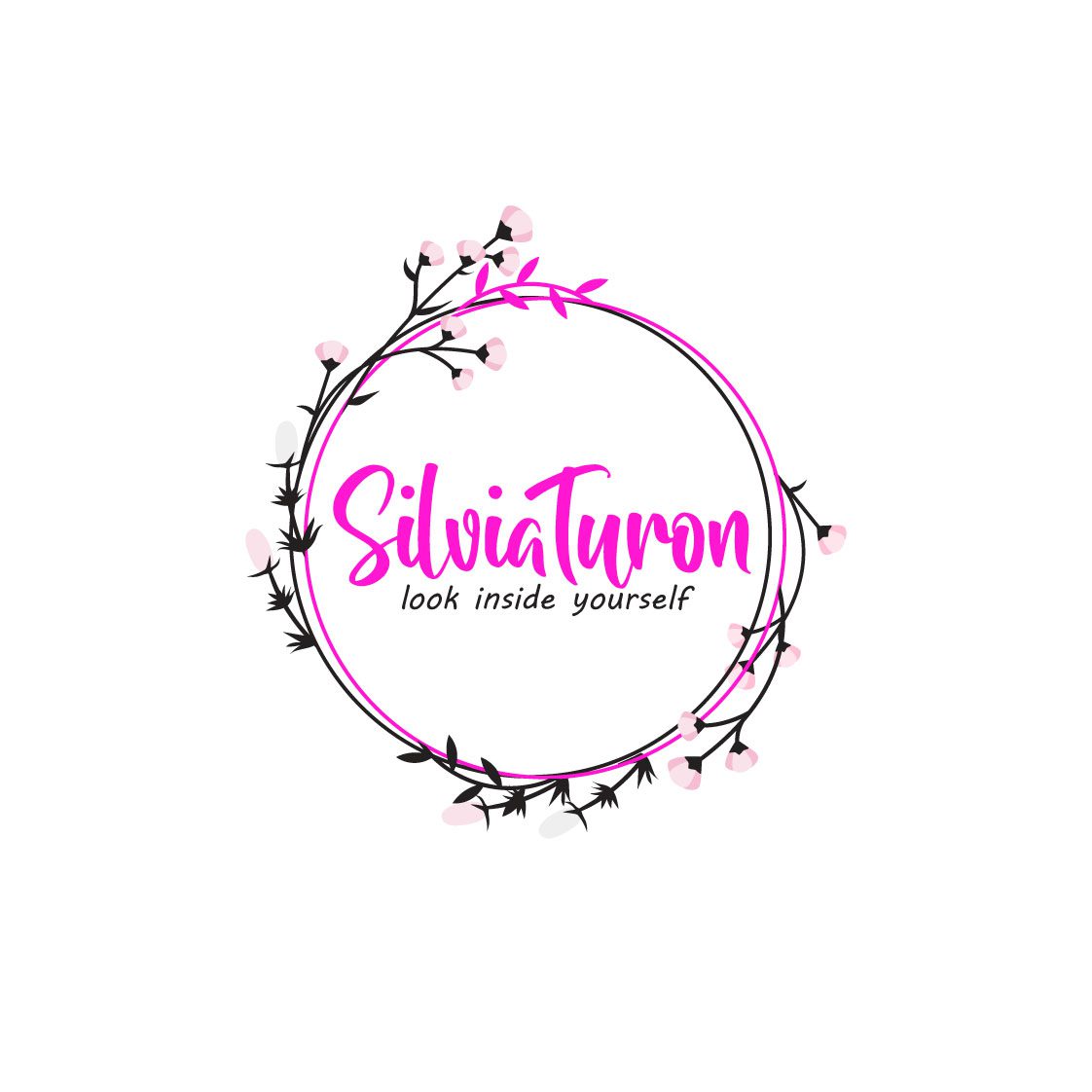Forgive Yourself: How to Heal by Letting Go of Judgment
What do you tell yourself when you make a mistake, say YES when you want to say NO, act out because of your negative emotional state or tolerate more than you are comfortable with? Do you quickly forgive yourself and move on, or do you judge and criticize yourself for not being or doing better?
When I decided to acknowledge my past and how it affected my future, my mind flooded with self-judgment and criticism. I became aware of my self-sabotaging tendencies and honestly, it blew my mind.
I couldn’t understand why I would sabotage my happiness and peace of mind by staying in a relationship that drained me or why I would procrastinate instead of following my dreams. At first, I couldn’t grasp the concept of self-sabotage. To my adult self, who used logic and practical understanding – it simply didn’t make sense.
Who would deliberately put themselves in pain and unproductive discomfort?
My logic said: “This is good, do it. This isn’t good, don’t do it.” However, my subconscious mind said: “This is good, don’t do it. This is bad, go and do it.”
Although this may seem like the mental math of a 4-year-old, it triggered me and made me question myself. I struggled to grasp that it wasn’t about what was wrong with me but what happened to me that made me act the way I did.
Self-judgment can become a barrier during our healing process. Ironically, it is a common approach many of us use while healing and addressing our trauma.
With this understanding in mind, I decided to educate myself about the impact of household violence and abuse on children and their development.
Here are some of the examples I began to understand:
- Being sexually assaulted creates shame within victims.
- Constant neglect and abandonment by our caretakers make us feel unlovable and unworthy.
- Witnessing domestic violence or being a direct victim keeps us stuck in survival mode with constant fight or flight responses.
Understanding these experiences (and many more) and their impact on our healthy well-being then begs the question: “How can we heal our traumas when we keep sabotaging our progress by being overly hard on ourselves?”
One of the reasons victims of abuse find forgiving themselves difficult is that they think they could have done something better. Or they use their unhealthy patterns and behaviors to define who they are.
When I began therapy last year to address the sexual assault from my past, I was living in a deep state of victimization and self-judgment. My shame grew exponentially since I rarely talked about the abuse with anyone. Healing this part of my story took a few months of therapy. Also, I learned about the common struggles of victims of sexual assault. I finally understood what happened to me and how I internalized the entire experience.
While working through my trauma, I realized how much responsibility we take for the abuse caused to us and how guilty and shameful we may feel afterward.
Brain in survival mode causes us to act very different compare to the state of peace or gratitude. Since we run on survival, we often use the same self-sabotaging behaviors while inflicting even more judgment and criticism on ourselves. However, this is where we have a choice.
Learn to Pause and Forgive Yourself
Next time, when you slip into judgment, pause and ask yourself: What would the person who actively heals themselves decide to think right now? How would they move towards more healing and growth?
Although your natural way of thinking and acting will fight your new, healthier way of self-approach – don’t let it stop you. Learn to recognize those small, subtle moments when you want to move towards judgment but decide to reach for forgiveness instead.
In the beginning, it may seem unnatural – do it anyway. Healing your inner child is about stopping self-sabotaging behaviors while learning how to forgive yourself in the process.
From understanding to compassion
Becoming familiar with the impact of adverse childhood experiences on your life gives you a better understanding of your behavior. You will begin to see that you aren’t your trauma or your pains. You are a person who is trying to heal and improve the quality of your life.
When you understand the reason behind your behavior, you are more likely to open your heart and give yourself a good dose of empathy and compassion instead of judgment and criticism for ‘acting out.’
There are two books I want to recommend if you are interested to know more about your past and its impact on your life today. The first book is “What happened to you?” by Oprah Winfrey and Dr. Bruce Perry. The second is “Body keeps the score” by Bessel van der Kolk.
Become fearless in the face of the truth
A couple of days ago, I talked with one of my good friends and asked her, “Why is it so hard to face the truth about who we are and what we do?”
She replied, “We don’t want to see the person we are when acting out of trauma or survival. Many of us find it intimidating, scary, and vulnerable. Acknowledging our negative traits makes us judge ourselves and feel like shit.”
Impressed by her sophisticated way of putting things into perspective, I wondered.
What if, instead of judging ourselves, we choose to reprogram our minds by reaching for forgiveness and understanding?
How much healing, self-love, and confidence can we promote if we stop the judgment and recognize the progress?
This leads me to…
Develop a forgiveness practice
Although you will have many daily opportunities to forgive yourself (we already know that, right?), you can support your healing by being intentional with your forgiveness practice.
Three years ago, I signed up for group coaching with Jay Shetty. Every month, we covered a different theme. We were on a forgiveness month when Jay led us through a 7-minute self-forgiveness meditation.
I remember closing my eyes and, for the very first time saying the words “I forgive myself for…” while naming a few things that came to mind.
Within seconds, I began to cry. Just saying these words out loud made me realize how utterly guilty and shameful I felt. Once the meditation was over, I felt deeply relieved and at peace. Although there was more forgiveness needed going forward, I knew I found a powerful outlet on how to do that.
Conclusion
Although working through emotional trauma can be messy, moving away from judgment and forgiving ourselves is a foundation for deep inner healing.
The truth is – our souls crave forgiveness. We want to be loved, understood, and supported.
In order to escape the never-ending circle of self-judgment, we need to pause and recognize how far we have come. Being overly hard on ourselves is the last thing our inner child and soul need.
Since constant judgment and criticism paralyze us and affect our self-esteem, self-forgiveness is without a doubt, one of the best healing practices to break free from the survival mind.












Leave a Reply